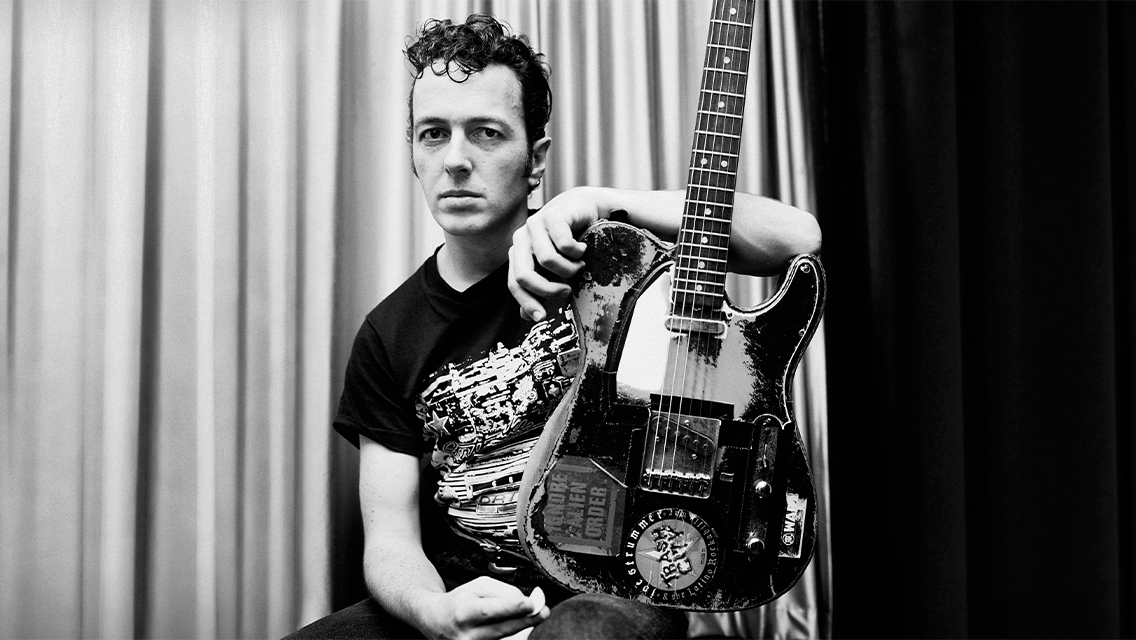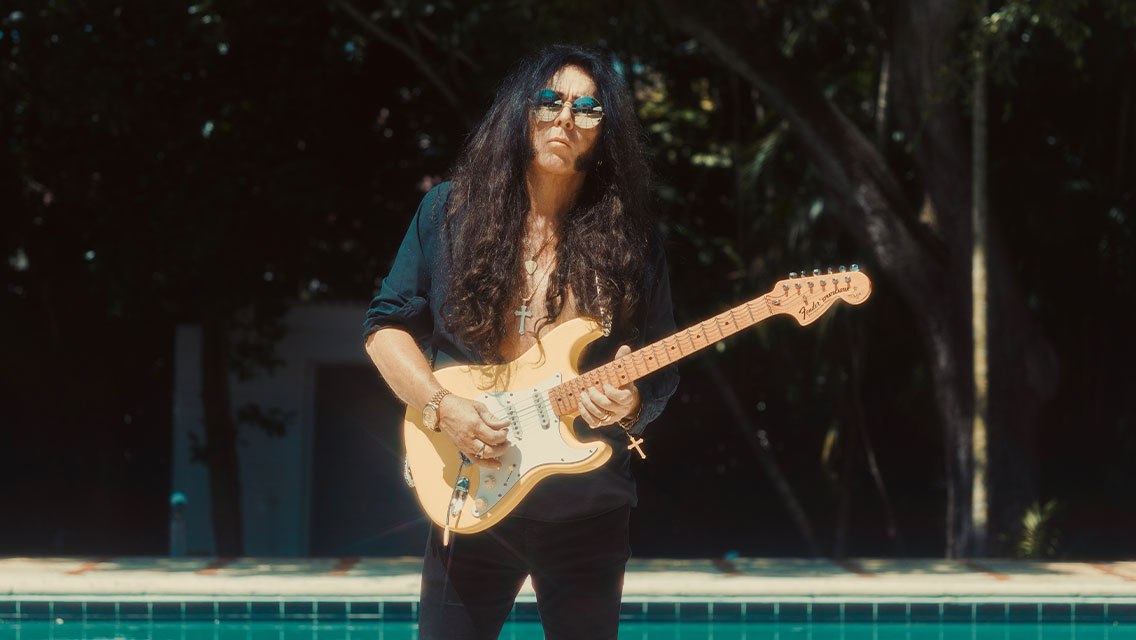
Sections
How to Play an E Chord
The E chord is one of the most basic major chords that beginners will learn to play. Also known as an E major chord, it’s a foundation chord in many rock, pop and country songs. Played in standard E tuning, this chord has a bright, upbeat sound any way you play it.
And make no mistake, there are multiple ways to play it.
The only hard-and-fast rule of playing an E chord is that you hit all six strings in your strumming pattern, regardless of whether you’re playing a simplified version of the chord, or using a more complex finger pattern.
Let’s take a look at the basic way you can play an E chord.
Playing the Standard Version of the E Major Chord
Once you’ve mastered the easy version of the E chord, it’s time to step up your game.
This is actually one of the most common ways to play the E chord. In this version, you’ll use your middle finger and ring finger to produce a thicker, meatier sounding E chord.
Here’s one way play it in the open position:
Index finger on the 1st fret of the G (3rd) string
Middle finger on the 2nd fret of the A (5th) string
Ring finger on the 2nd fret of the D (4th) string
Be sure to hit all six strings as you strum downward from the low E string.
Playing this standard version of the E chord gives you a rich, more sound made up of the following notes: E, B, E, G#, B, E.
Don’t miss out!
Be the first to know about new products, featured content, exclusive offers and giveaways.
Songs That Use the E Chord
From iconic rock riffs to some of the earliest known songs, the E chord has made an appearance in a number of instantly-recognizable tunes. See a list of several hits that use the E chord below.
Rock Songs
Arguably, two of the most memorable songs in rock history feature the E chord in their composition: “(I Can’t Get No) Satisfaction” from the Rolling Stones and “Rock and Roll All Nite” by Kiss.
Listen for the E chord on ZZ Top’s classic single, “Legs.” It also weaves itself into the psychedelic sound of Tame Impala’s “Feels Like We Only Go Backwards.”
Is acoustic rock more your jam? A jangly E chord makes its way into the mix on U2’s iconic “Desire.”
Folk Songs
A number of classic folk songs make use of the E chord, including one of the earliest known pieces of music. “Greensleeves,” an English folk ballad, dates back to before the 16th century and features the chord prominently.
A much more recent example of the chord’s usage is Fleet Foxes’ “White Winter Hymnal.”
Pop Songs
One of the most popular pop songs of all time, the Beach Boys’ “Good Vibrations” makes use of a bright, peppy E chord in its composition. Fast-forward to a more modern pop-rock sound, and “Yellow” by Coldplay also includes a basic E.
Country Songs
Whether you prefer your country with a grittier twang (like George Strait’s “All My Ex's Live in Texas”) or the genre’s more modern pop/rock-flavored sound, you’re bound to see an E pop up in a country chord progression.
Regardless of your preference for new or classic country, strong female performers have always been a mainstay. The Patsy Cline classic “I Fall to Pieces,” “Little Red Wagon” by Miranda Lambert and the impassioned storytelling of Reba McEntire’s “In the Midnight Hour” and Otis Redding’s “(Sittin’ On) The Dock of the Bay.” Both songs straddle the line between rock and blues and both work an E chord into their chord patterns. For a more recent example of this hybrid sound, try strumming to the stomper "S.O.B.” by Nathaniel Rateliff and the Night Sweats for an exercise that includes the E chord.
Continuing the link between blues and rock, many old school blues songs were later re-popularized by rock legends, including Johnny Burnette’s “Train Kept a Rollin’” (which was covered by Aerosmith) and “Hey Joe” by Billy Roberts, a track made famous by Jimi Hendrix.
If you’re a purist who wants to stick to a more traditional blues style, try your hand at Robert Petway’s “Catfish Blues” (also covered by Hendrix, as well as legendary bluesman Muddy Waters) and Bo Diddley’s “Who Do You Love.” Both songs feature the E chord in their construction.
Learning any chord takes practice. Once you get the standard version of E down, it can open a world of songs for you. Get tips for perfecting your technique and start playing some of the songs from Fender Play here.
For more chords browse Fender Play's chord library, learn about chord types, and find tips on how to master them.
If you’re not a member, start your free Fender Play trial!


